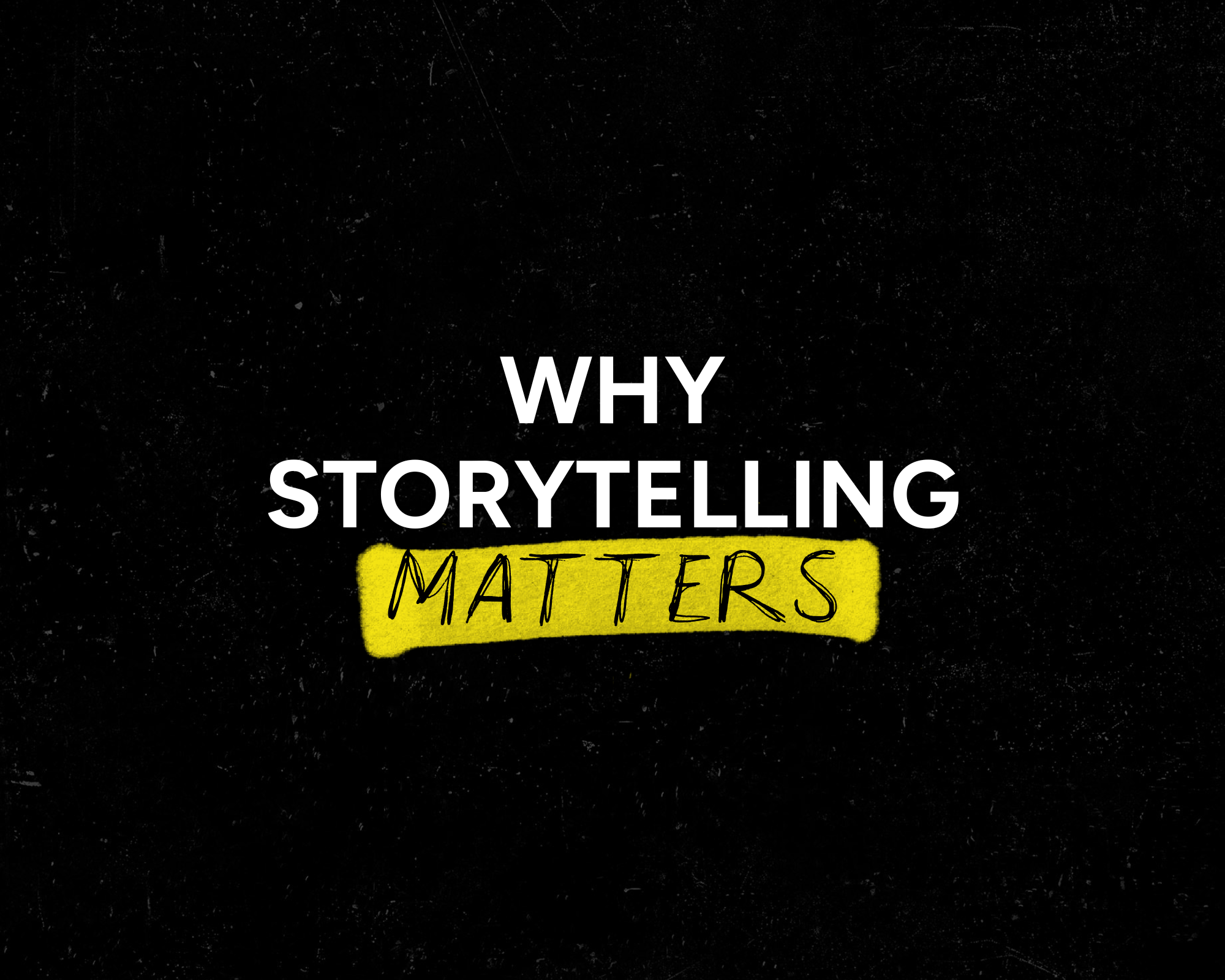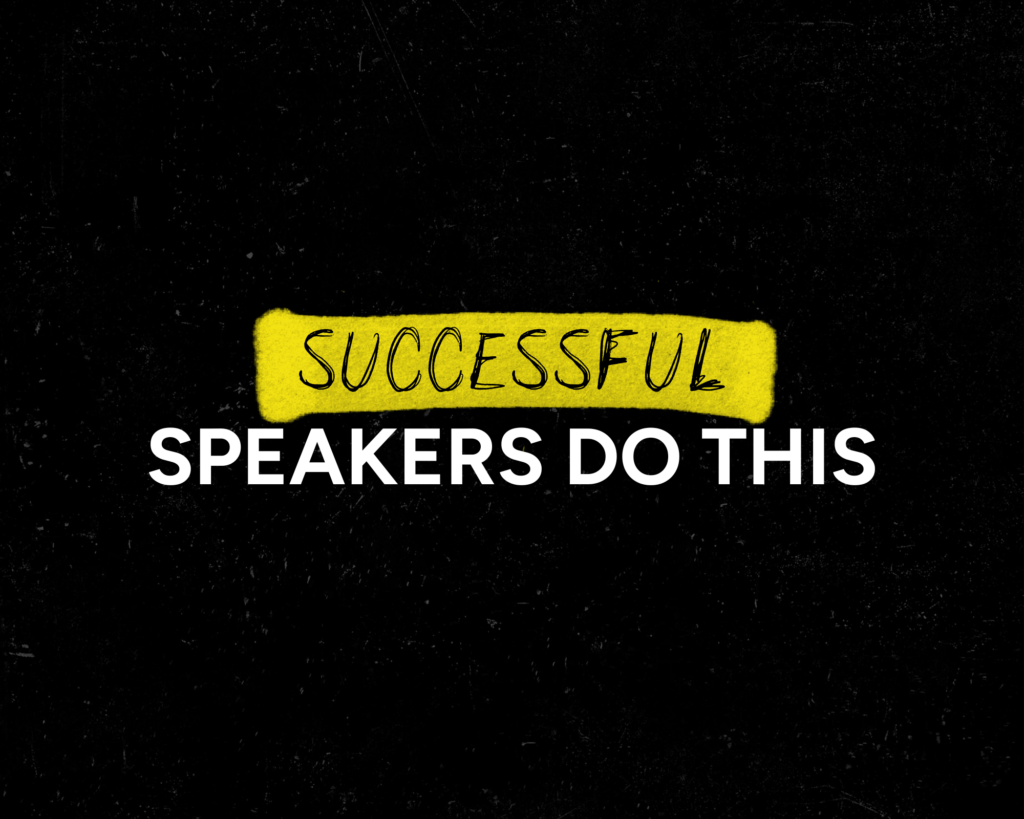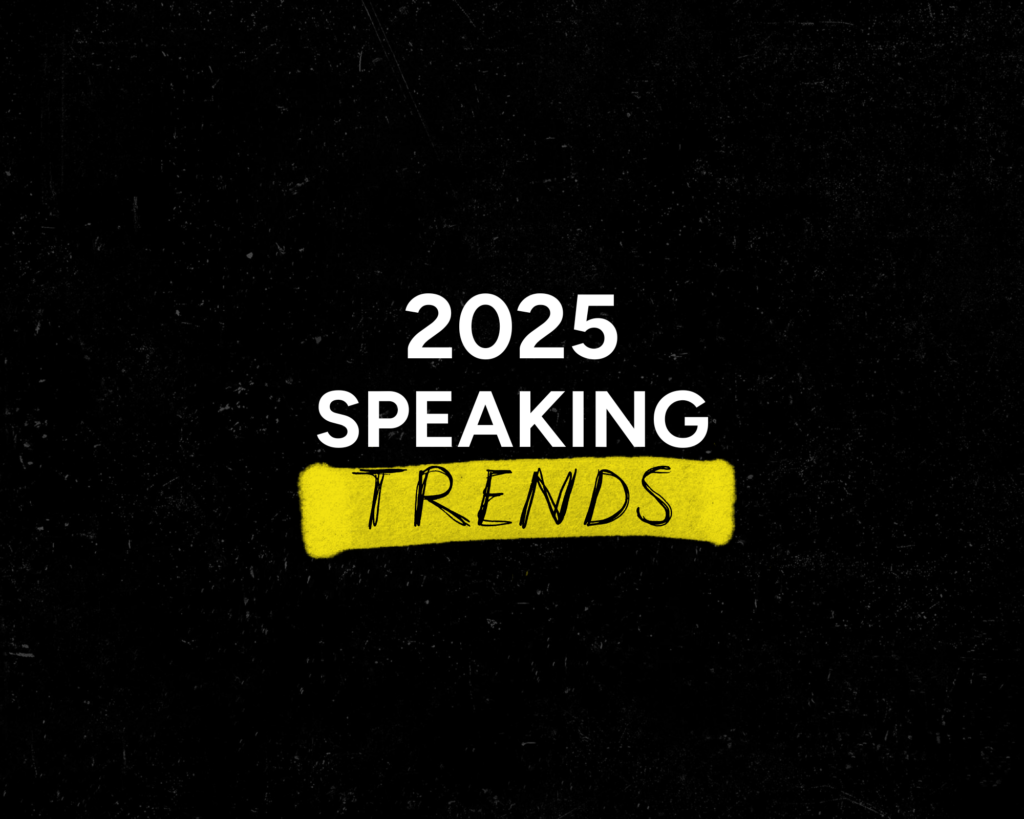Why stories are the secret weapon of great speakers—and how to use them effectively.
Whether you’re delivering a keynote address, leading a workshop, or speaking on a panel, one skill consistently separates good speakers from unforgettable ones: storytelling. The power of storytelling in public speaking isn’t just a buzzword—it’s a proven way to connect, inspire, and leave a lasting impression.
Why Stories Make Speeches Memorable
People might forget your bullet points, but they’ll remember how your story made them feel. Stories tap into our emotions, stimulate our imagination, and make complex ideas easier to understand. Neurologically, they activate more areas of the brain than facts alone—meaning your message sticks.
This is why stories make speeches memorable: they create a shared experience between you and your audience. Instead of just delivering information, you’re inviting listeners into a moment, a lesson, or a transformation.
How to Engage an Audience with Storytelling
If you’ve ever wondered how to engage an audience with storytelling, the key is relevance. A great story doesn’t just entertain—it aligns with your message.
Here’s how to keep your audience hooked:
- Start with a hook: Dive right into the action or present a relatable moment that grabs attention.
- Build tension: Every good story needs stakes. What’s at risk? What’s the conflict?
- Deliver a payoff: Tie the story back to your key message. Why did it matter, and what can the audience take away?
Engaging storytelling also means reading the room—pace your delivery, use pauses for impact, and be expressive in tone and body language.
Storytelling Techniques for Speakers
Want to strengthen your storytelling? Try these storytelling techniques for speakers:
- The “ABT” Formula: And, But, Therefore. It sets up context, introduces conflict, and leads to resolution.
- The Hero’s Journey: Frame yourself or someone else as the “hero” facing challenges, learning lessons, and transforming.
- Use vivid details: Specifics bring your story to life—describe settings, emotions, and actions.
- Keep it tight: Edit your story down to its core elements. A focused narrative is more powerful than a long-winded one.
Using Personal Stories in Speeches
One of the most effective ways to create authenticity is using personal stories in speeches. They show vulnerability, build trust, and make your message uniquely yours. Whether it’s a success, a failure, or a moment of unexpected insight, personal stories humanize your content.
Many of our speakers use personal stories to spark emotion and drive impact. Before sharing your own, ask:
- Does this story support the point I’m making?
- Will the audience relate to it or learn from it?
- Am I being honest and clear?
Final Thought
Mastering the power of storytelling in public speaking isn’t about becoming a novelist—it’s about being intentional. Stories are how we make sense of the world. As a speaker, they’re also how you become memorable, influential, and deeply connected to your audience.
Looking for a professional keynote speaker for your next event?
VaynerSpeakers represents a dynamic roster of storytellers who know how to move an audience. Get in touch to find the right speaker for your stage.





